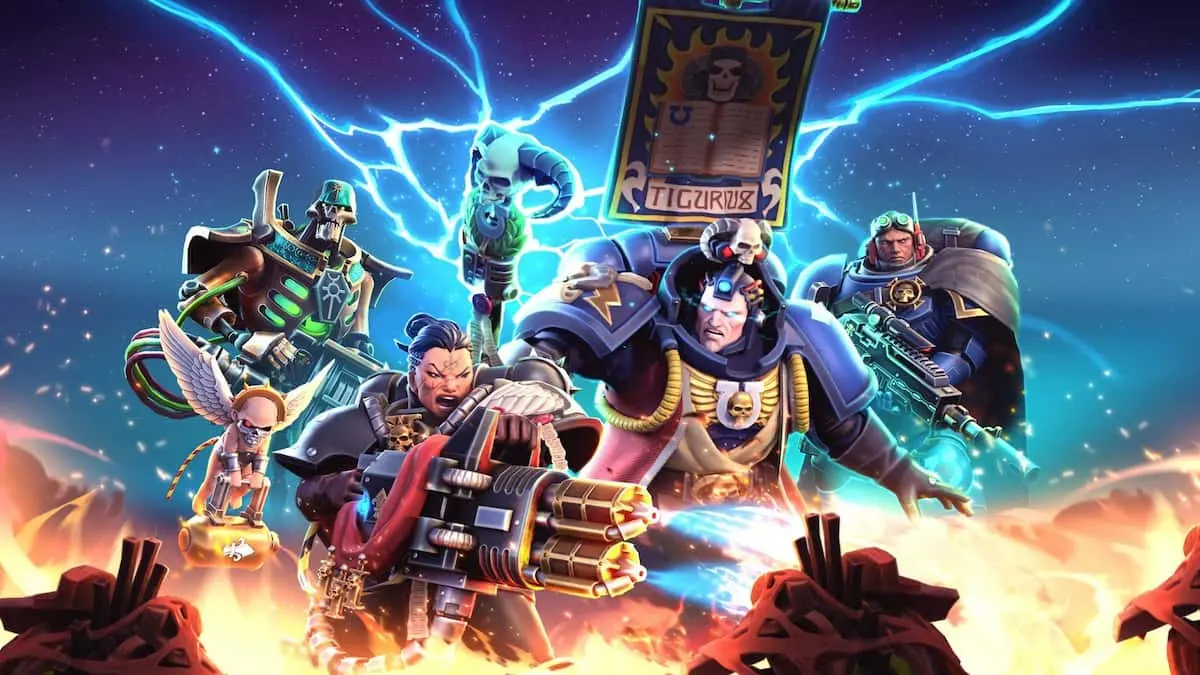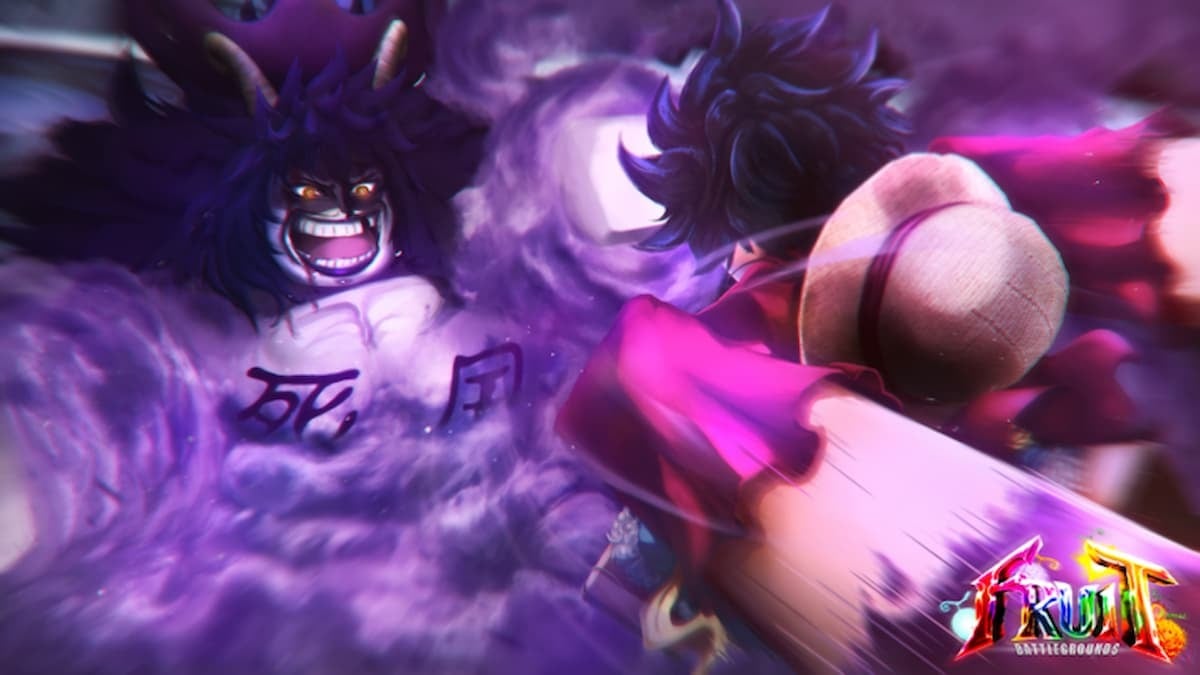There are 10 starting classes in Elden Ring, each with different equipment, stats, advantages, and disadvantages. The class you pick matters far more in the early game than it does in the late game, as your abilities and playstyle are bound by the limited options you start with. So which should you choose first?
As you progress, you can level up and spend skill points to push your character in new directions not provided by their starting stats; a strict strength class can become an adept spellcaster if you so choose. With that in mind, there are several “best classes” to start with in order to get your bearings (or learn how to play if this is your first time with a From Software Soulslike).
In this Elden Ring guide, we’ll go over the best starting classes for your first playthrough, pointing out the classes that give you the best chances of survivability.
Best Starting Classes in Elden Ring
Vagabond

If you’re new to the Soulslike genre or just want to get a feel for Elden Ring considering its difference from some other Souls games, there’s only one starting class worth taking: Vagabond. Vagabond has the most Vigor out of all the Elden Ring class options, which gives it the most overall health.
Its Strength and Dexterity values, stats needed to wield most weapons, are high and balanced. Magic is very powerful and enticing in Elden Ring, sure, but you earn new spells at a much slower overall pace than you gather good weapons in the Lands Between.
The balance between Strength and Dex also gives you plenty of opportunities to try out different weapons, from katanas to greatswords, spears and axes. While the Vagabond doesn’t have the best Intelligence or Faith, both spellcasting stats, they’re not bad enough that you can’t dabble with either Spells or Incantations later on, the latter of which includes Pyromancy and Dragon Magic.
The one caveat we’d add here is that the Vagabond isn’t particularly mobile. That’s OK sometimes since the Vagabond’s armor protects it from damage fairly well. But when going up against some bosses and mini-bosses, such as the Erdtree Burial Watchdog, evasion is key. Don’t be afraid to take off your gauntlets and greaves for some added mobility. If you’re quick enough, the decreased damage negation won’t matter.
Warrior

The Warrior is all about finesse weapons — rapiers, katanas, spears, and the like — and its Intelligence and Mind stats are strong as well, making sorcery an excellent secondary option for those looking to dabble in magic early on. The stat spread is more conducive to melee combat, granted, and a split Dex/Int build would do better using the Prisoner setup, but with Warrior’s Mind stat (governing FP) and increased Endurance (governing equip load and Stamina), give it an edge. It’s starting weaponry is also more versatile, though you’ll be looking for a way to cast magic somewhere, as it starts with no spells.
The Hero’s Strength is the highest of any of the starting classes, and you’ll only need to put a few points into Dexterity to wield almost any of the heavier Dex weapons on offer. I’ve found far more Strength-based equipment than Dexterity-based weapons, so if greatswords, polearms, and hammers are your jam, pick Hero. Magic isn’t really in the Hero’s wheelhouse, sadly, as all its mental stats are on the lower end, except for Arcane. Dragon magic and bleed builds, which primarily use Arcane, will benefit, as will your item discover chances, also reliant on Arcane.
Prophet

The last class we recommend for best starting class is Prophet, dedicated to Faith magic (Miracles), Pyromancy, and Dragon magic. The Prophet starts with a Spear and, more importantly, a healing spell. For much of the early parts of Elden Ring, healing is in relatively short supply, so having an additional source of health is invaluable.
Miracles are much more support-focused, specializing in buffs and other passive effects, leaving you room to use whatever weaponry you prefer.
Bonus: The Prisoner
All but one of the other starting classes in Elden Ring are either specialists in one area or focus on too many things at once. The exception is Prisoner, who is just a better Warrior for those with a sorcerous bent.
Neither the best nor the worst at anything, Prisoner lets you focus on finesse weapons with good survivability and plenty of room to add spells to your arsenal.
Now you’ve got some insight into the best starting classes for your first Elden Ring playthrough. If you’re wondering which Keepsakes are the best, head over to our starting Gifts guide. For more tips, check out our other Elden Ring guides.







Published: Feb 22, 2022 12:01 am